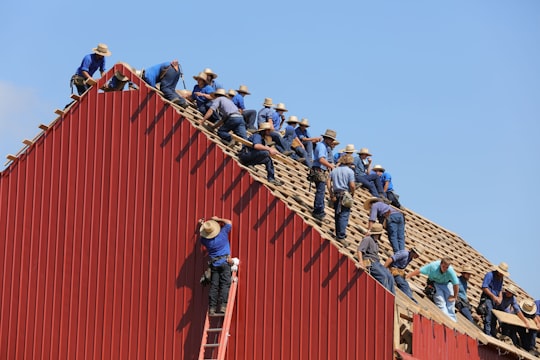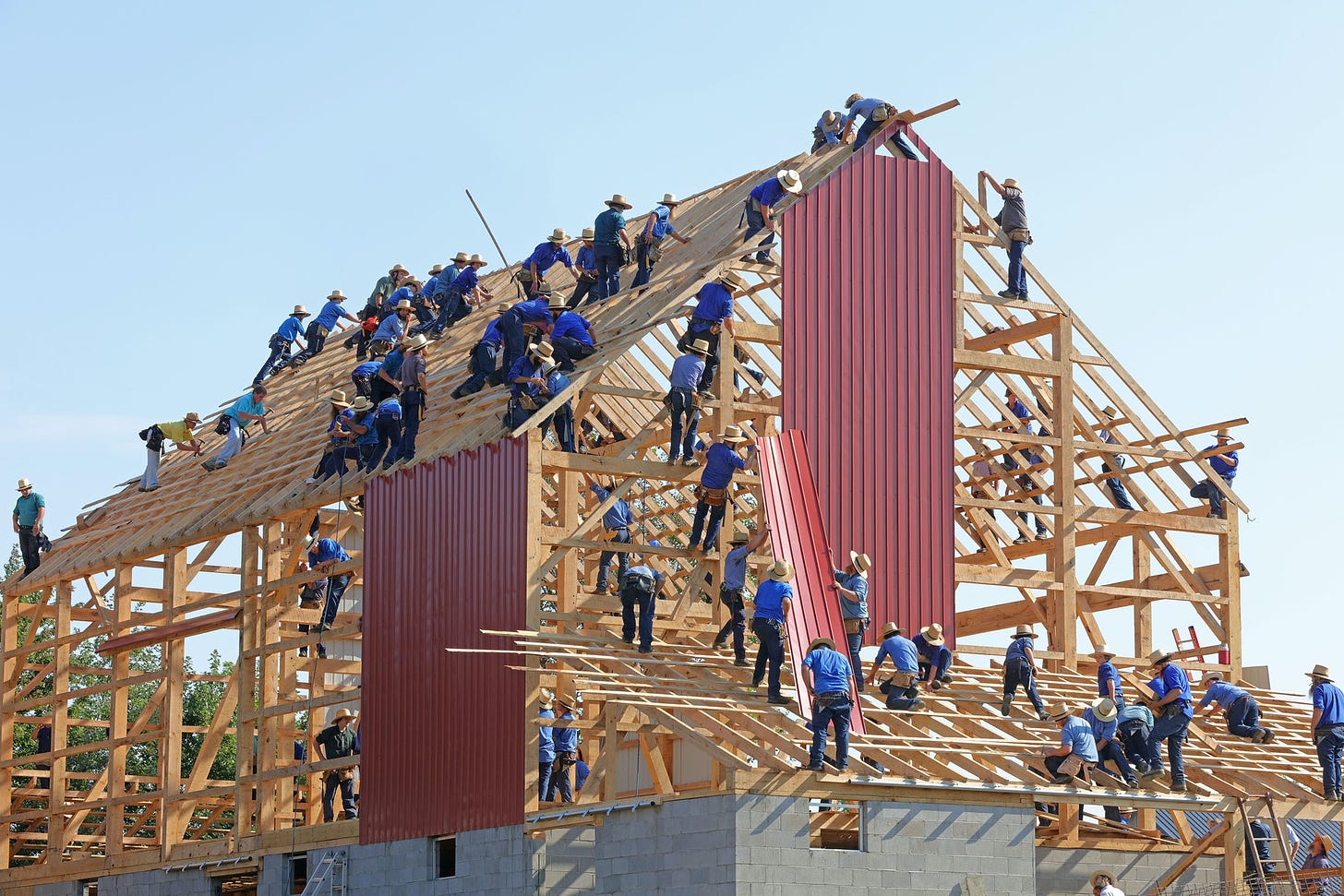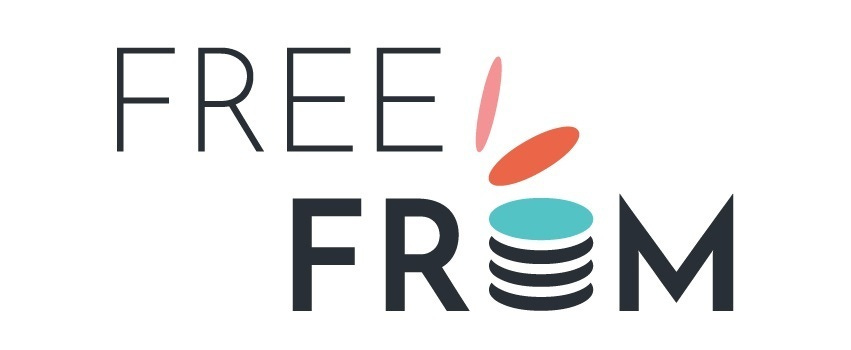
Business Is Mostly Cooperation
Competition is just part of the story
Aaron Miller
I’ve taught business ethics now for 14 years, and I’m surprised over and over by just how disproportionately business students value competition. To be sure, they’re not dummies. They know they’re headed into a competitive market that will demand value from them. But what they often fail to see is that their ability to cooperate will determine their success far more than their ability to compete.
If this sounds strange, consider your typical workday. Look at where the vast majority of your time and money are spent.
Every day you work at your job, you trust that your employer will pay you and they trust that you will do the work you’re hired to do. You and your coworkers rely on the same trust in each other, counting on each other to reach your goals. Fundamentally, these are cooperative activities, not competitive ones.
“That’s just teamwork,” you might reply. But cooperation extends well beyond teams. Retailers cooperate with manufacturers. Customers cooperate with sellers. If you track the time and money spent by companies, you quickly see that companies are essentially massive cooperative endeavors.

Even innovation, which competition encourages, is a primarily cooperative endeavor. The myth of the lone inventor belies the reality of teams of co-innovators. And innovation isn’t constrained to teams within companies. Today, supply chains have dozens of participants that all contribute to new technologies becoming possible.
What does all this mean? It means that a free market rewards cooperation. The individuals and companies who succeed tend to excel in how they get along with others to pursue shared goals.
Competition mostly just creates incentives. Cooperation is what actually creates value.
Seeing Good at Work
Financial insecurity keeps women trapped in abusive relationships. FreeFromprovides domestic abuse survivors with training, legal resources, and small grants to help them establish financial independence. Their programs are comprehensive, ranging from individual solutions to advocating policy change. Their work was recently highlighted in the New York Times.
Their model scales by training service providers in their curriculum, so that more women can get the needed financial skills. Meanwhile, their grant program, Safety Fund, was just started last year and has already distributed micro-grants to over 1,100 survivors.

Promotional Stuff
My new podcast launches in just a couple of weeks! This first season is 12 episodes with people who will teach you all about having more impact and meaning in your work and life.
Speaking of cooperation, all the experts say that a coordinated launch—where people listen, rate, and subscribe all together—boosts a new podcast more than anything else. I hope I can count on you to help out. You’ll be hearing more from me soon.
And can I just say, this first season is going to be really great. 😁



